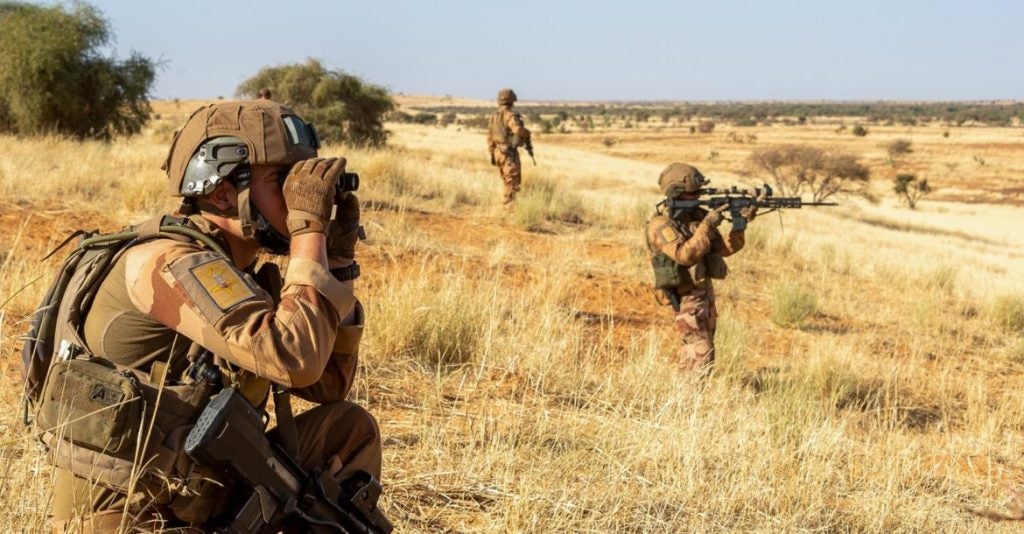France Protests Over Wagner Group Activities in Mali
It is no secret that Mali’s government have signed a deal with Wagner Group, a Private Military Contractor (PMC) from the Russian Federation. The group consists of the former Russian army, Spetznaz, and internal forces members who aid various governments in military training and direct actions against insurgents. In fact, the strong ties between the Wagner Group and the Kremlin suggest that the private formation acts on the behalf of Russia’s interest. Yet, the Russian officials publicly denounce such claims on a routine basis.
Since mid-September, Wagner Group was deployed into the former French colony, Mali. This African state recently experienced a coup d’etat which resulted in the formation of a junta-led provisional government. It resulted in the French military suspending its operations in the state and a reduction of troops on the ground.
In order to replace the French presence and withdrawn military advisors, Mali turned to the Russian Federation for help and contracted 1,000 Wagner paramilitaries in their place. From Mali’s perspective such a move was necessary to maintain adequate training levels and organization of their national army. However, the presence of Russian PMCs in the region raises fears of growing Russian influence. This caused a public outcry at the top of the French government. As Foreign Minister Jean-Yves Le Drian said:
“Wagner is a militia which has shown itself in the past in Syria and Central African Republic to have carried out abuses and all sorts of violations that do not correspond with any solution and so it is incompatible with our presence.”
Besides the French troops, the European Union continues its EUTM and EUCAP training missions dedicated to strengthening Mali’s national military and internal forces. Besides the EU missions, the European soldiers partake also in the UN Multidimensional Integrated Stabilization Mission (MINUSMA) in the region.
Mali is not the first African country to invite Wagner Group‘s assistance. The Russian contractors were previously active in Libya and the Central African Republic and have dubious human rights records with links to war crimes. For France the issue is not the invitation itself but the interference it represents of the Russian Federation into the European Union’s sphere of influence in this part of Africa.

